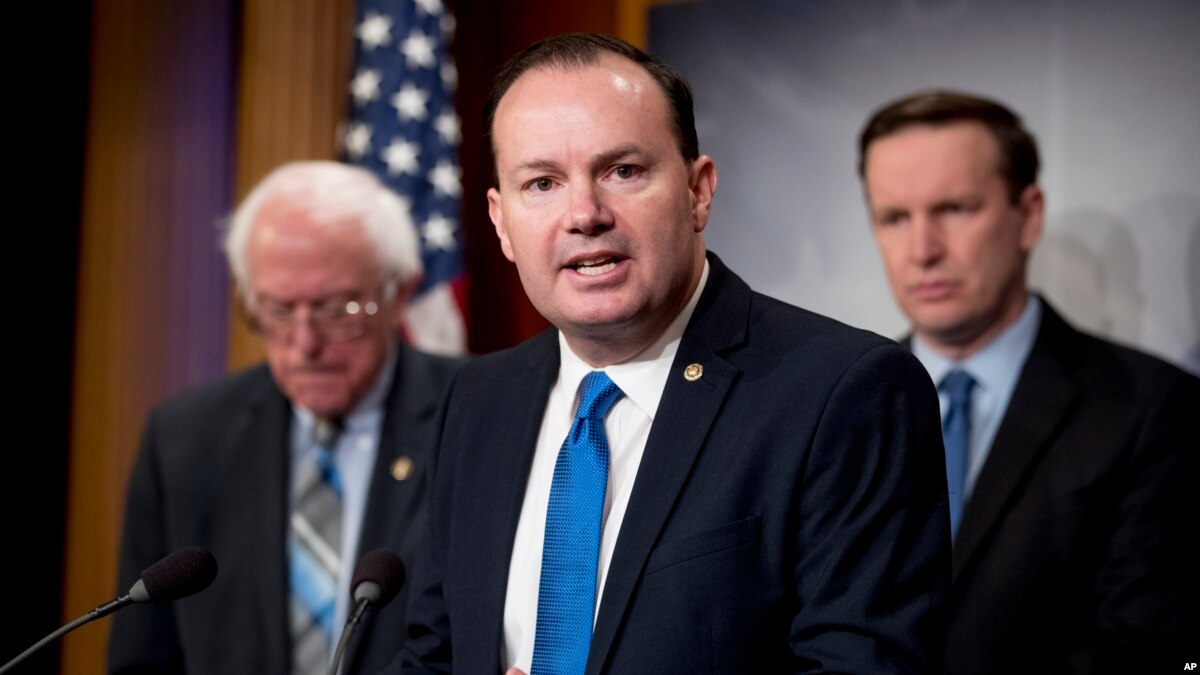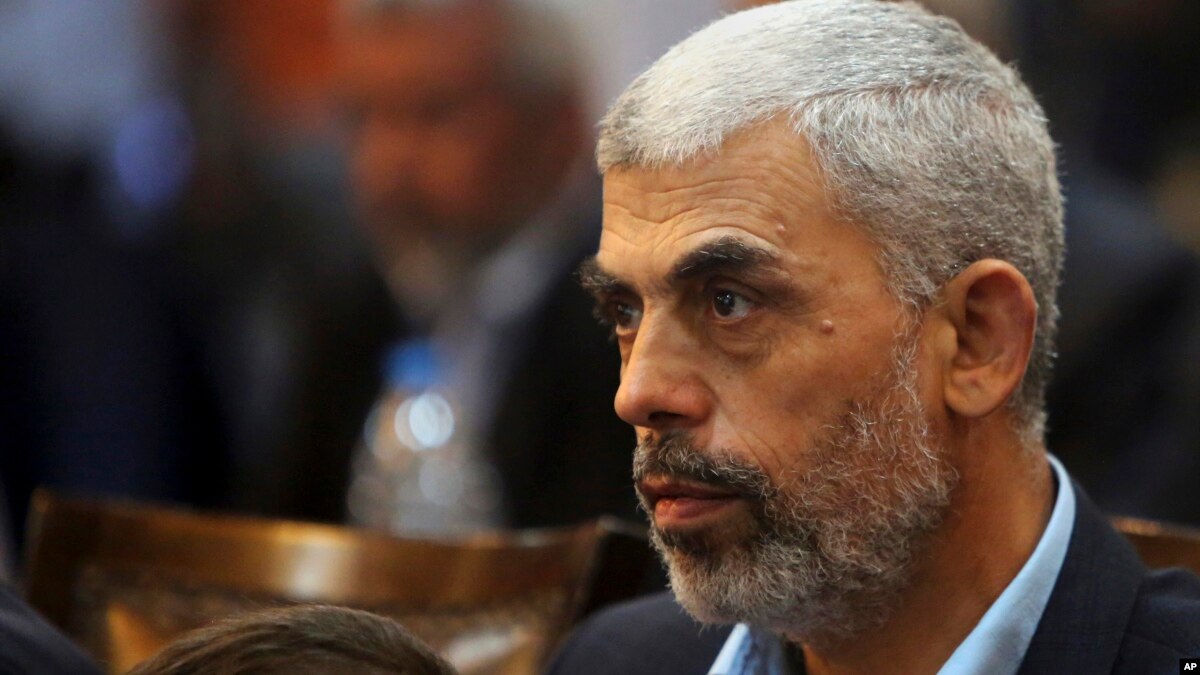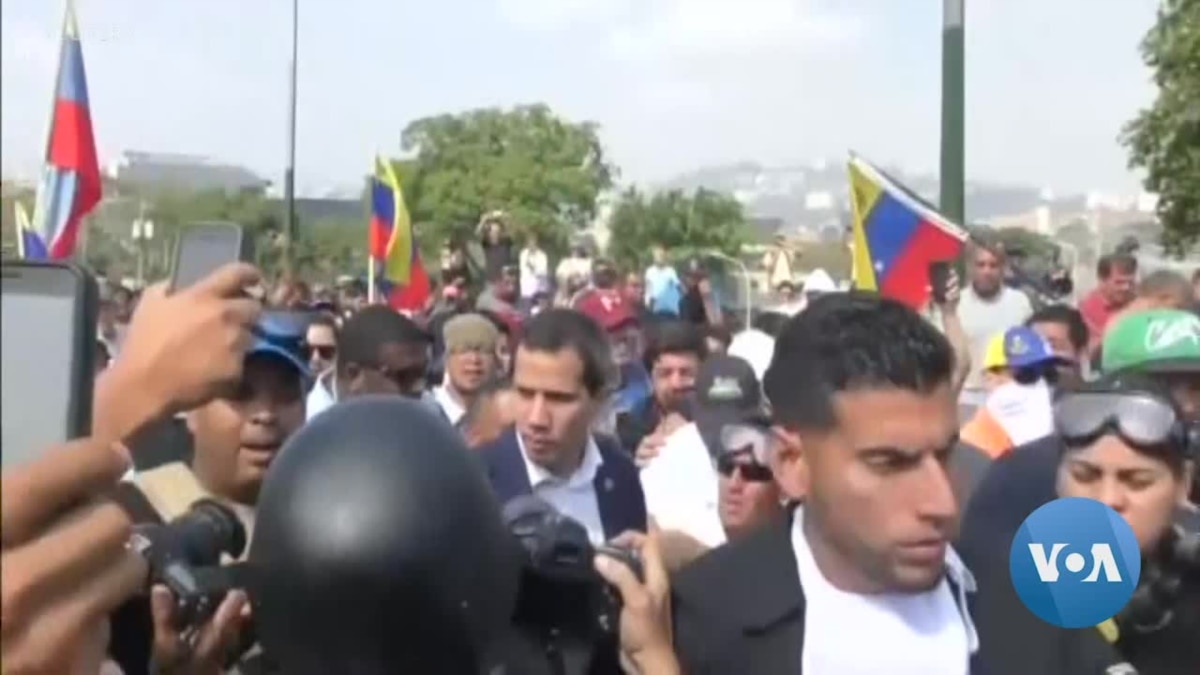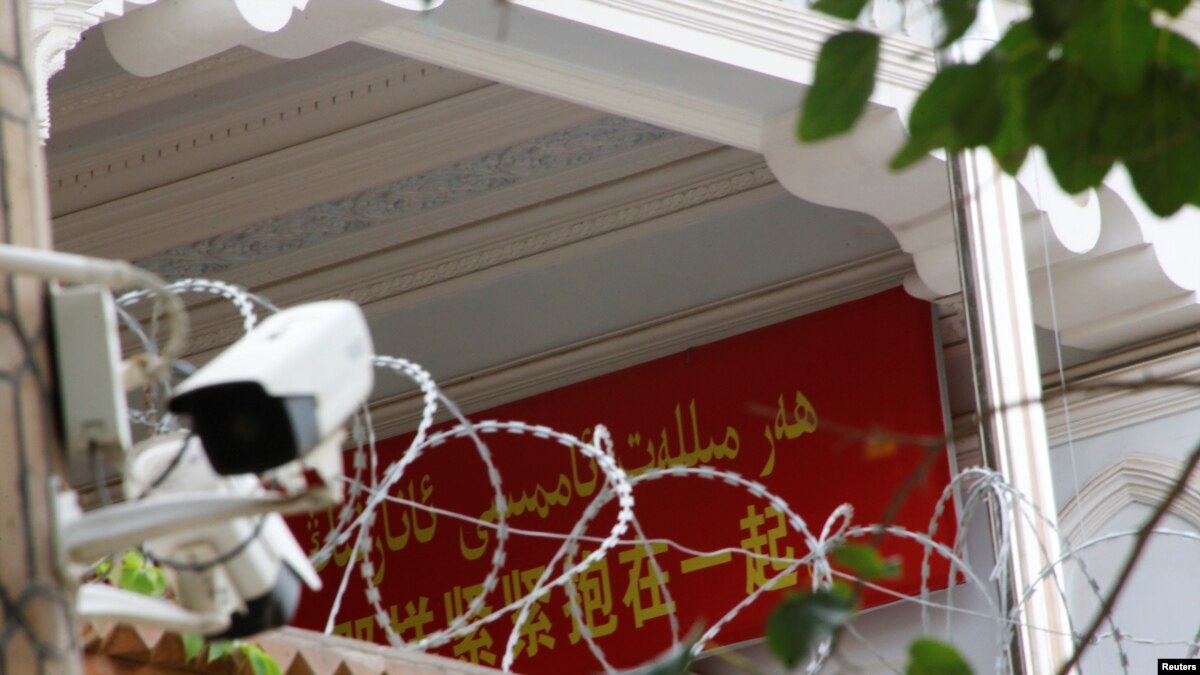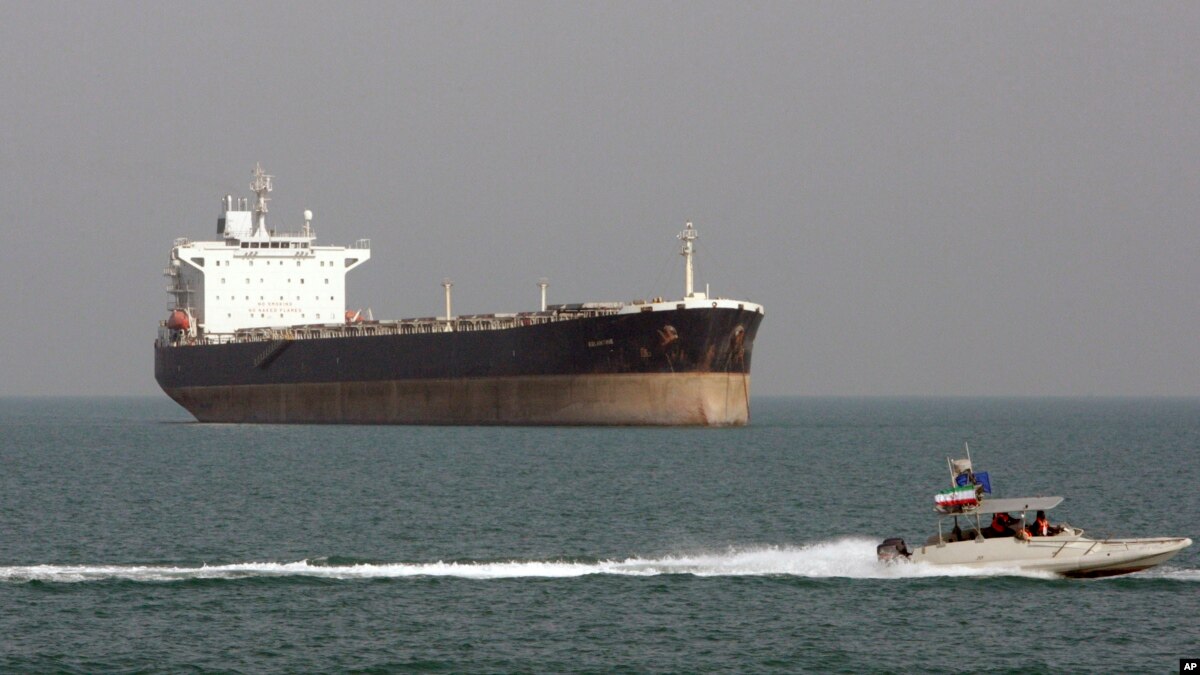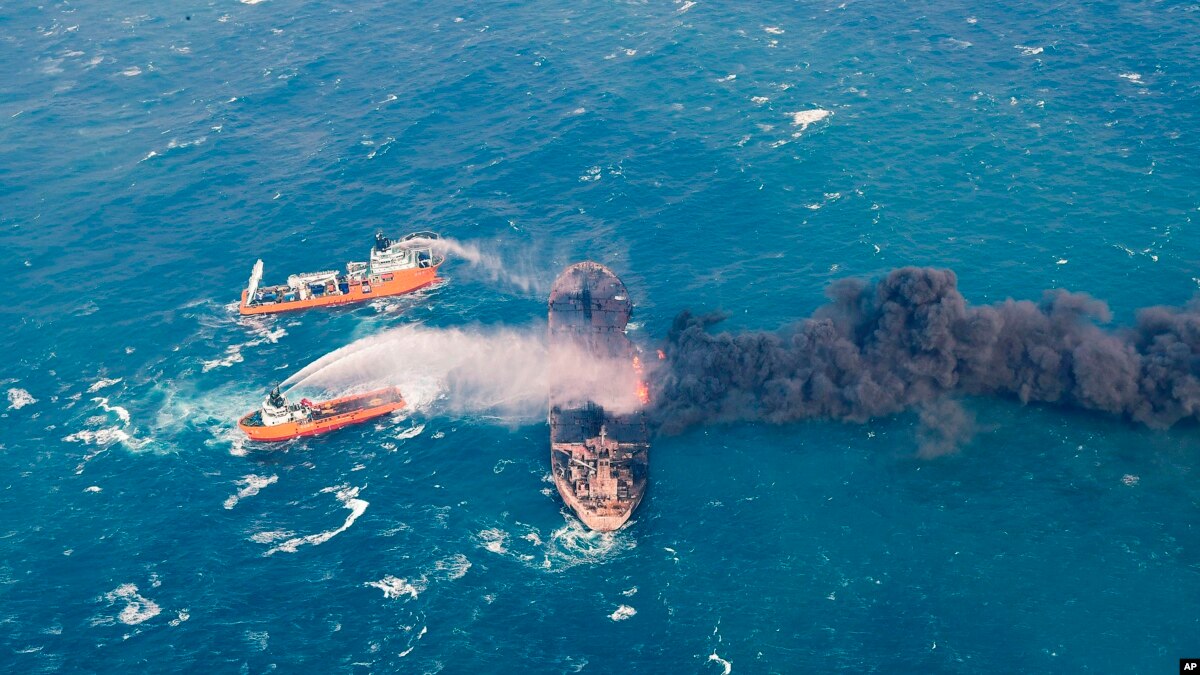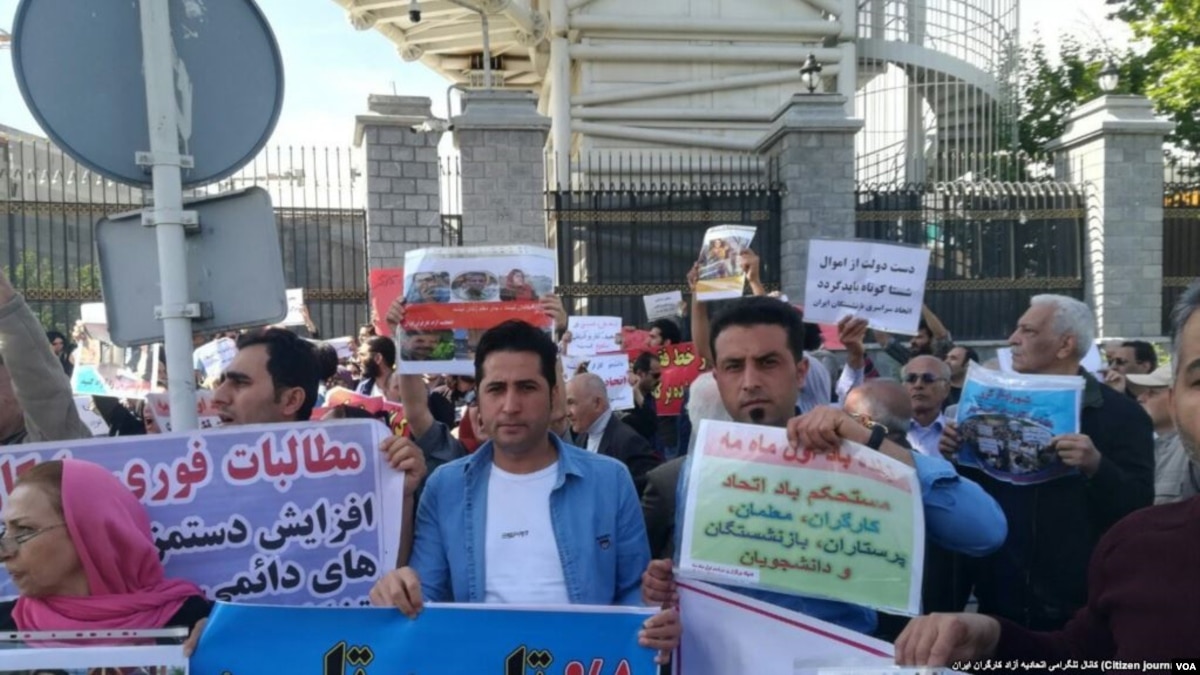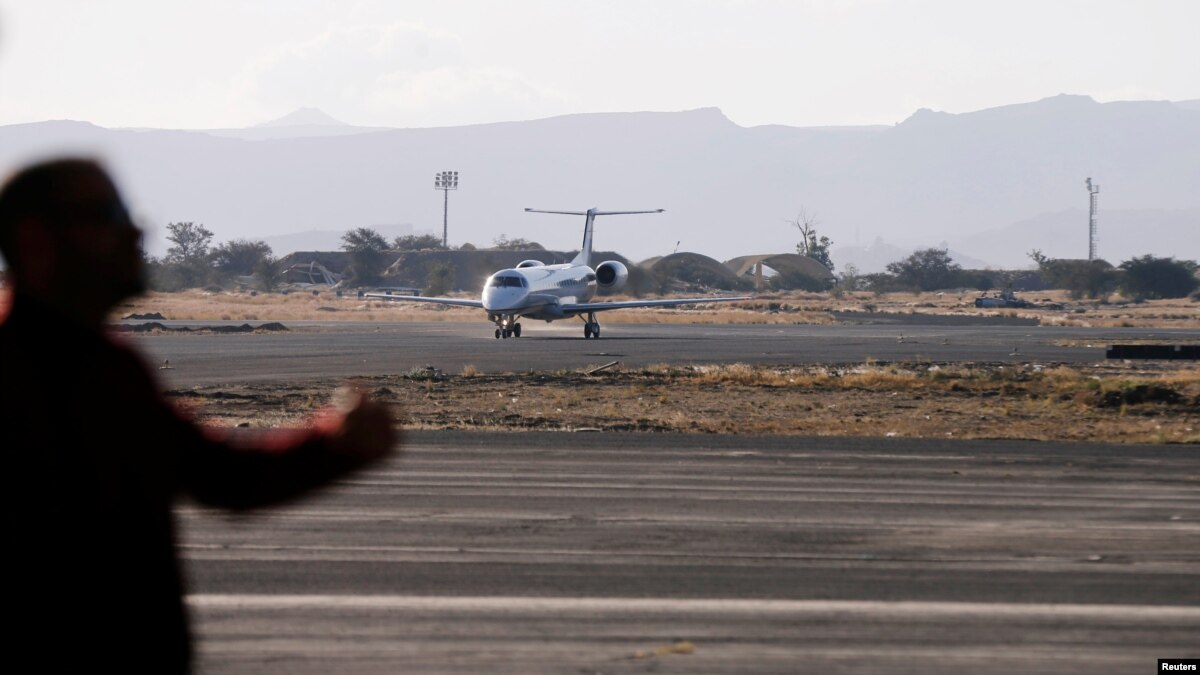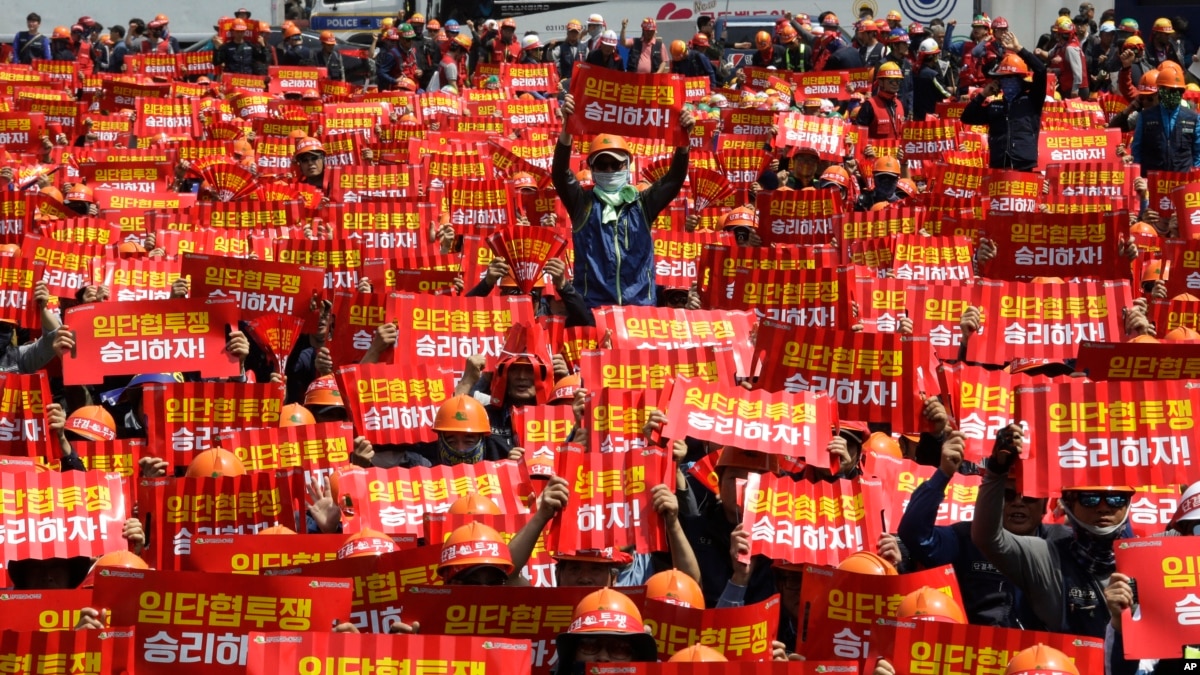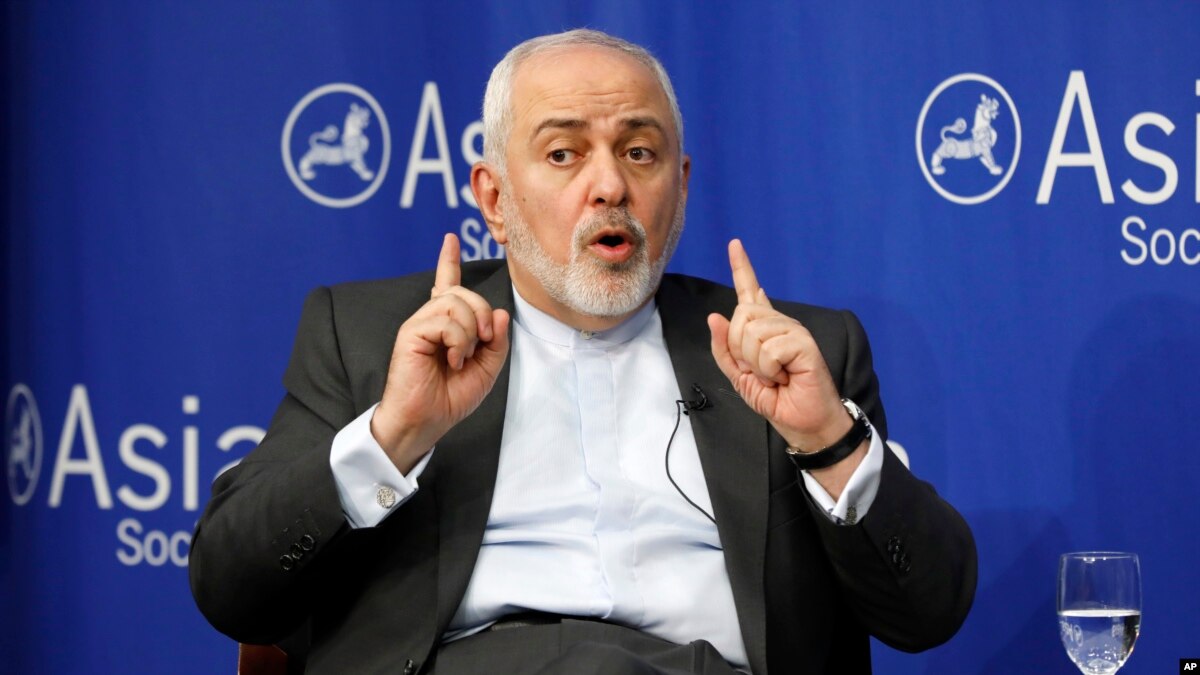BERLIN —
Higher salaries, better working conditions, maternity leave, minimum wage and an end to discrimination against temporary or foreign workers: These were among the concerns as hundreds of thousands of union members and labor activists rallied around the world to mark May Day.
The tradition of May Day marches for workers’ rights began in the United States in the 1880s. It quickly spread to other countries at a time when industrialization pitted poorly paid employees who had few protections and little power against increasingly dominant factory employers and landowners.
Over the decades, the May Day protests have also become an opportunity to air general economic grievances or political demands. Here’s a look at Wednesday’s protests :
VIOLENT RADICALS DISRUPT MAY DAY IN FRANCE
French police clashed with stone-throwing protesters who set fires and smashed up vehicles as thousands of people gathered for May Day rallies under tight security. About 165 arrests were made.
Police repeatedly used tear gas to try to control the crowd gathering near Paris’ Montparnasse train station for the main protest. Some protesters were injured. Associated Press reporters saw groups of hooded, black-clad people shouting anti-police slogans, mixing with other protesters wearing yellow vests or waving union flags.
France’s interior minister warned earlier there was a risk that “radical activists” could join the protests in Paris and elsewhere, and deployed 7,400 police to counter them.
RUSSIAN WORKERS MARCH AT RED SQUARE
Authorities in Russia said about 100,000 people took part in a May Day rally in central Moscow organized by Kremlin-friendly trade unions on Red Square. Opposition activists said more than 100 people were detained in several cities, including for participating in unsanctioned political protests. In St. Petersburg, police arrested over 60 supporters of opposition leader Alexei Navalny. Some of them carried signs saying “Putin is not immortal,” in reference to Russian President Vladimir Putin, who has been at the helm of the country since 2000.
DETENTIONS AT TURKEY’S MAY DAY RALLIES
Turkish police detained May Day demonstrators trying to march toward Istanbul’s main square, which has been declared off-limits by authorities, who cited security concerns. Still, small groups chanting “May Day is Taksim and it cannot be banned,” attempted to break the blockade, with dozens reportedly detained. Taksim Square has held symbolic value for Turkey’s labor movement since 34 people were killed there during a May Day rally in 1977 when shots were fired into the crowd from a nearby building.
SRI LANKA CALLS OFF MAY DAY RALLIES
In Sri Lanka, major political parties called off the traditional May Day rallies due to security concerns following the Easter bombings, which killed 253 people and were claimed by militants linked to the Islamic State group.
GERMAN UNIONS DENOUNCE NATIONALISM
Ahead of rallies across Germany, the country’s biggest trade union group urged voters to participate in this month’s European Parliament elections and reject nationalism and right-wing populism. The DGB, a confederation of unions with almost 6 million members, warned that the political and economic turmoil in Britain following its vote to leave the European Union nationalism “shows what happens if those who stoke fear but have no plan for the future gain the upper hand.”
KOREANS DEMAND BETTER WORKING CONDITIONS
Wearing headbands and swinging their fists, protesters in South Korea’s capital of Seoul rallied near City Hall, marching under banners denouncing deteriorating working conditions and demanding equal treatment and pay for temporary workers. A major South Korean umbrella trade union also issued a joint statement with a North Korean workers’ organization calling for the Koreas to push ahead with joint economic projects, despite lack of progress in nuclear negotiations between Washington and Pyongyang.
MAY DAY PARALYZES TRANSPORT IN GREECE
Union rallies in Greece paralyzed national rail, island ferry and other transport services. Hundreds of people gathered in central Athens on Wednesday for three separate marches to parliament organized by rival unions and left-wing groups.
SPANISH WORKERS PRESS NEW GOVERNMENT
Spain’s workers marched in its major cities to make their voices heard days before acting Prime Minister Pedro Sánchez starts negotiating with other parties to form a new government. Leading labor unions are pressing Sánchez to roll back business-friendly labor and fiscal reforms that have remained in place since the conservatives were in charge.
GARMENT WORKERS SEEK MATERNITY LEAVE
In Bangladesh, hundreds of garment workers and members of labor organizations rallied in Dhaka, the capital, to demand better working conditions and higher wages. Nazma Akter, president of one of Bangladesh’s largest unions, said female garment workers were also demanding six months of maternity leave and protection against sexual abuse and violence in the workplace.
SOUTH AFRICA’S MAY DAY TURNS POLITICAL
An opposition party in South Africa used May Day to rally voters a week before the country’s national election. Economic Freedom Fighters members, wearing their signature red shirts and berets, gathered at a stadium in Johannesburg to cheer populist stances that have put pressure on the ruling African National Congress to address topics like economic inequality and land reform.
FILIPINO WORKERS DEMAND MINIMUM WAGE RISE
In the Philippines, thousands of workers and labor activists marched near the Malacanang presidential palace in Manila to demand that President Rodrigo Duterte’s government address labor issues including a minimum wage increase and the lack of contracts for many workers. One labor group said its members would not vote for any candidate endorsed by Duterte in upcoming senate elections and burned an effigy of the president.
FOREIGN WORKERS PROTEST IN HONG KONG
Construction workers, bus drivers, freelancers and domestic workers from outside the country joined a Labor Day march through central Hong Kong. The protesters marched from Victoria Park to the main government offices, some carrying banners reading “Maxed Out!” The Hong Kong Confederation of Trade Unions is demanding a maximum standard work week of 44 hours and an hourly minimum wage of at least 54.7 Hong Kong dollars ($7).
LOW-PAID WORKERS PROTEST IN JAKARTA
Thousands of low-paid workers took to the streets in Indonesia in Southeast Asia’s largest economy. Laborers in Jakarta, the capital, gathered at national monuments and elsewhere, shouting demands for higher wages, better benefits and improved working conditions.
Let's block ads! (Why?)
Read More May Day Around the Globe: Workers Demand Rights, Respect : http://bit.ly/2GV65uv
